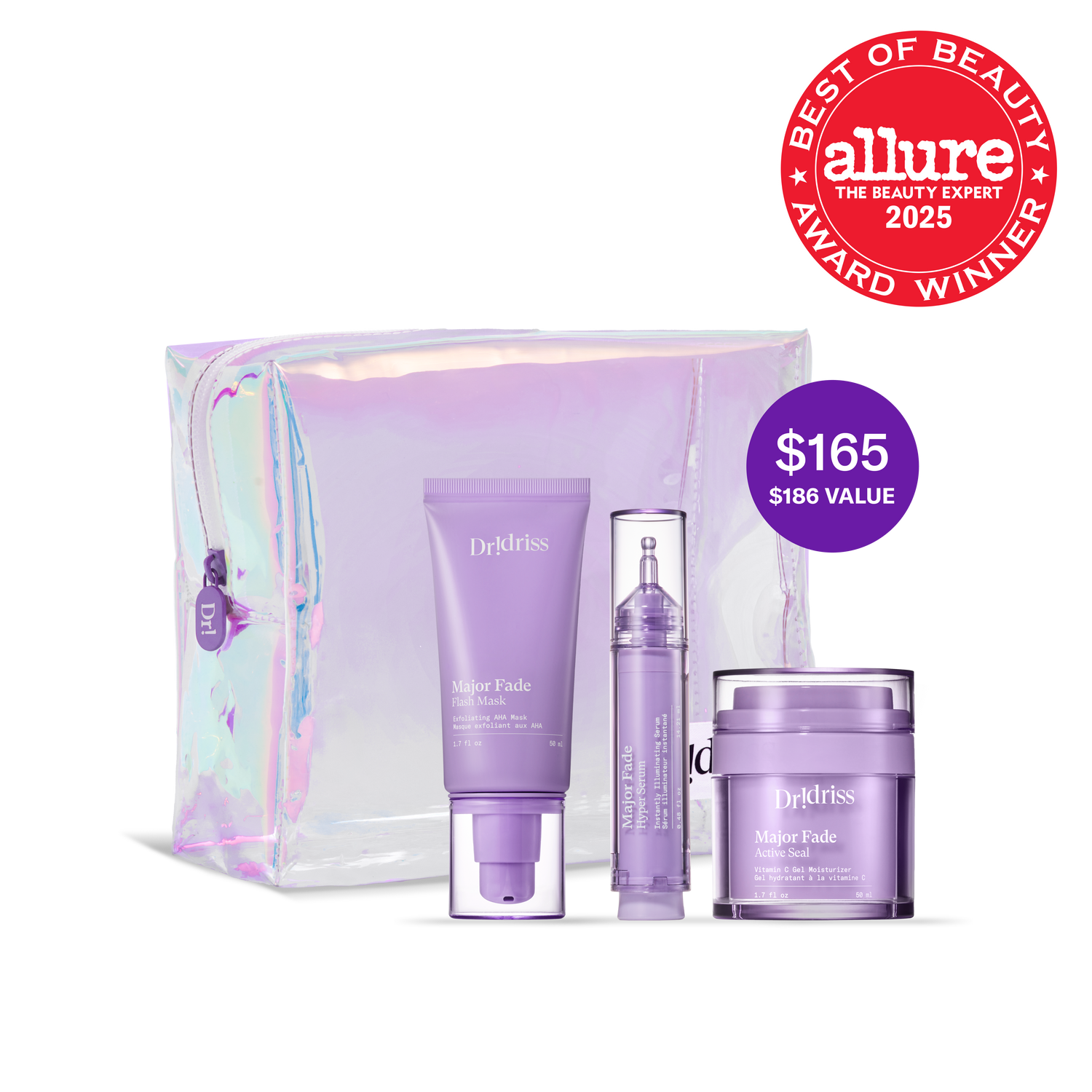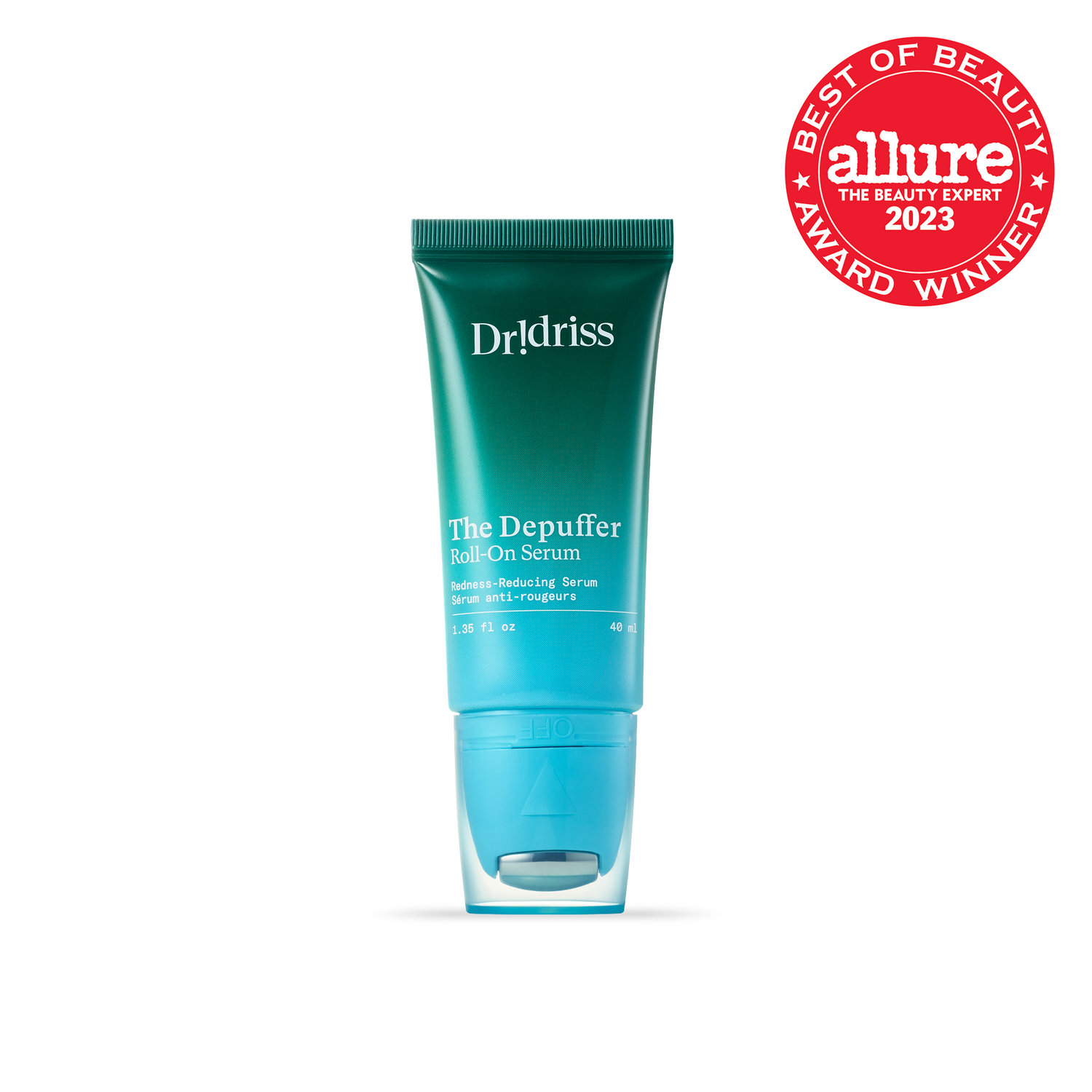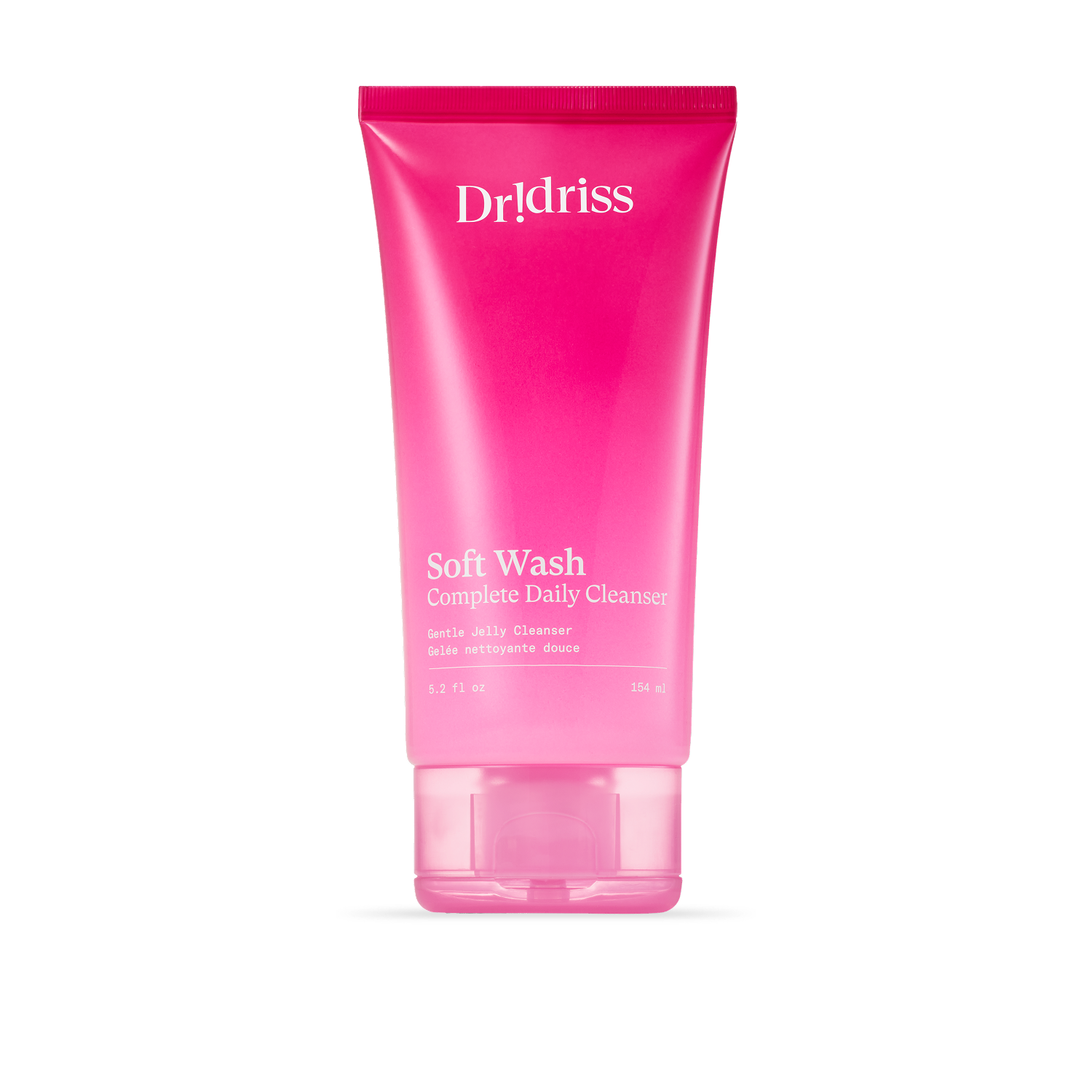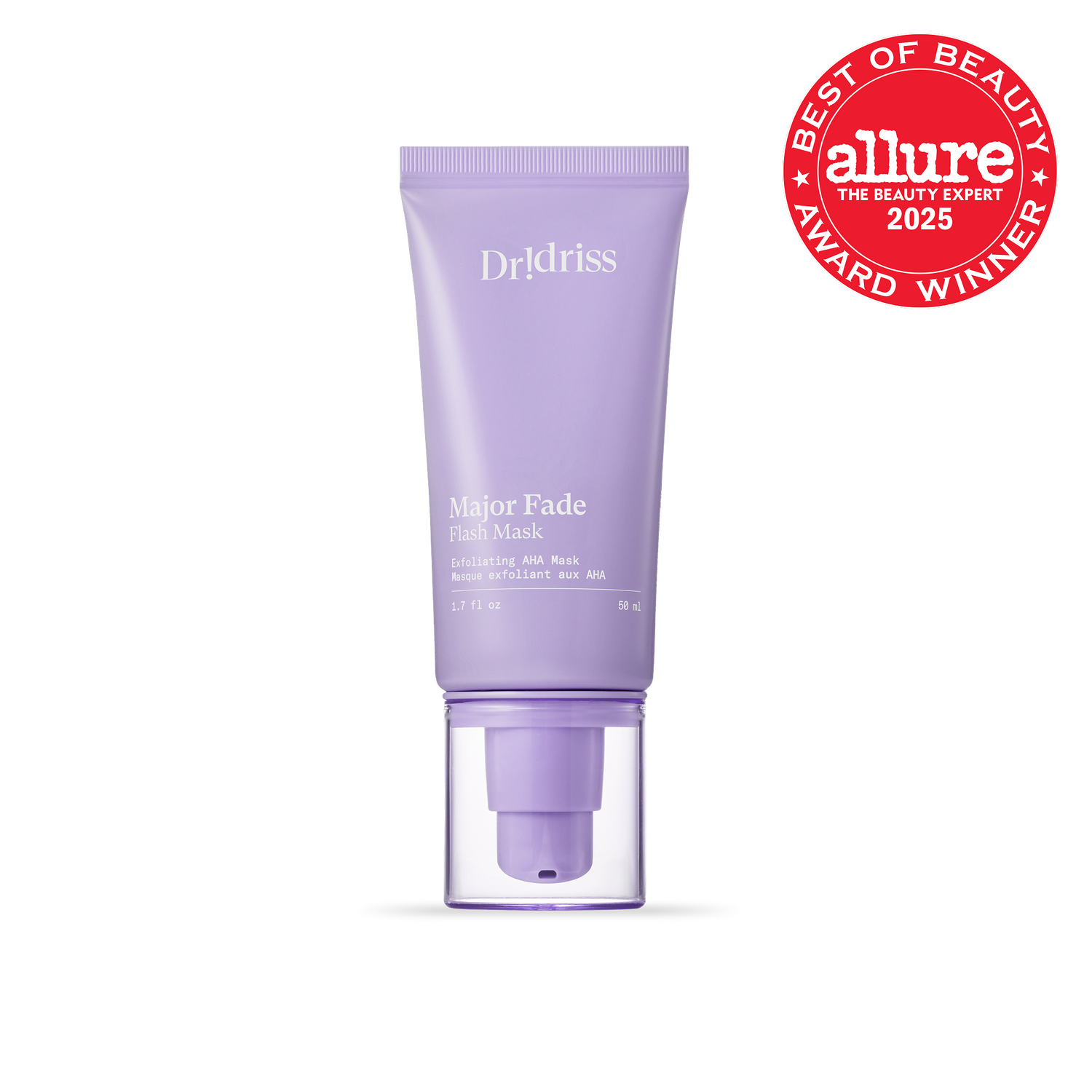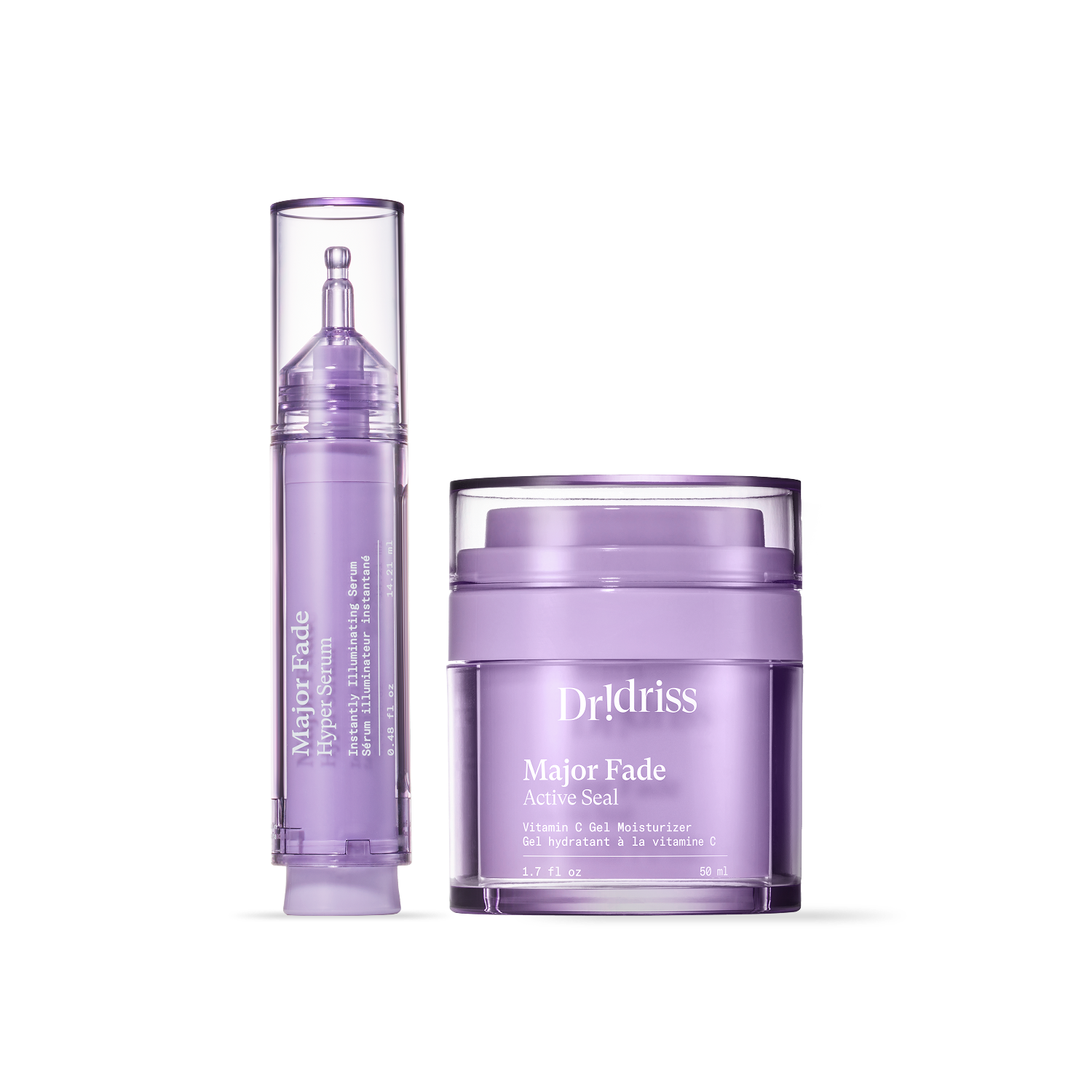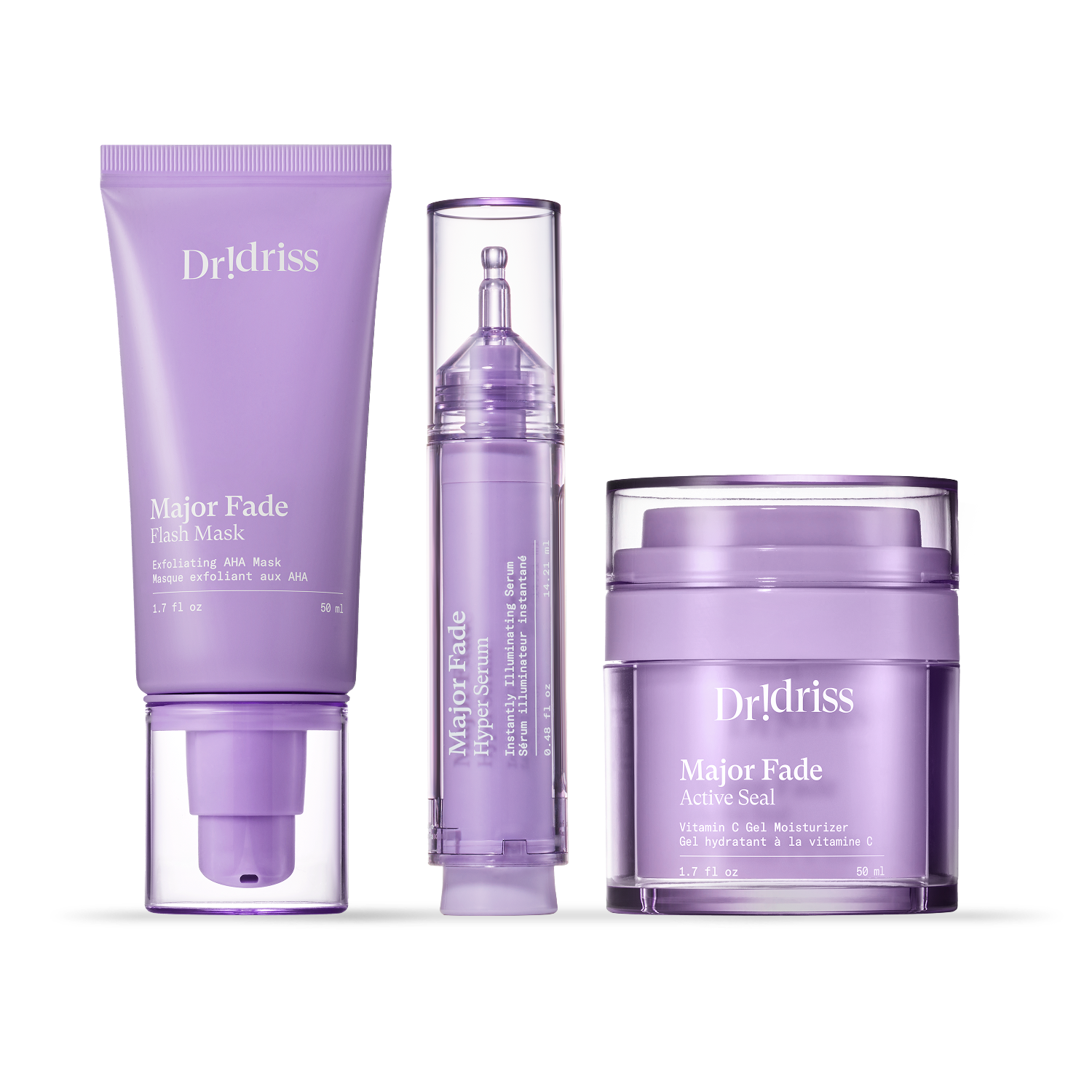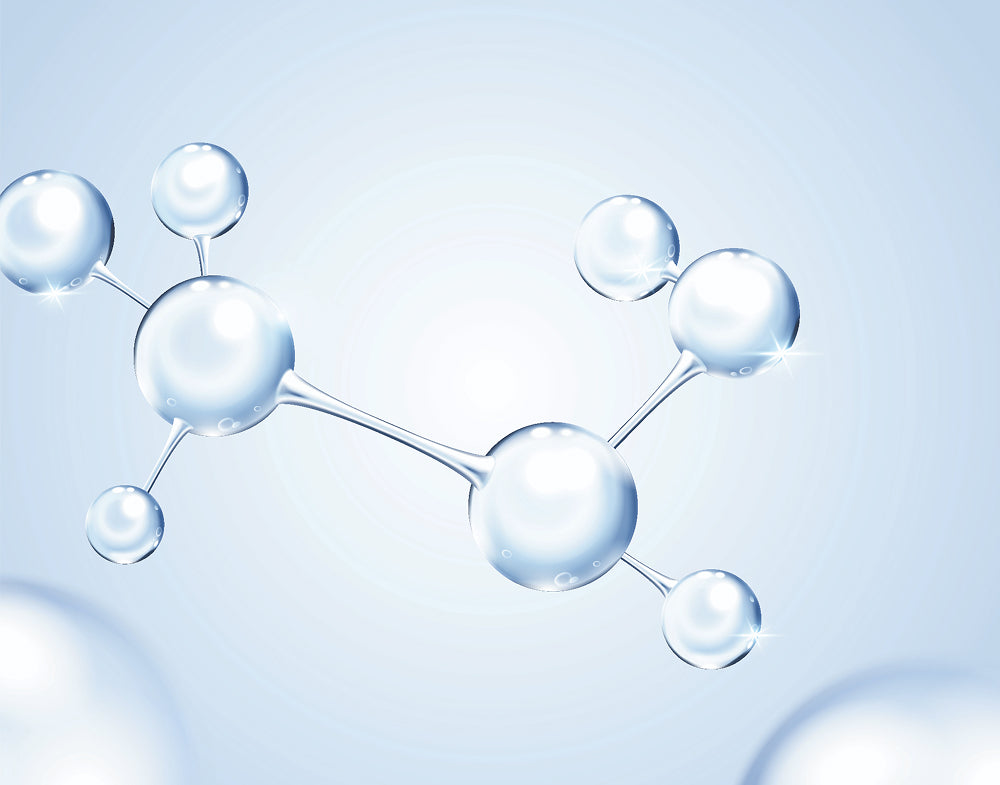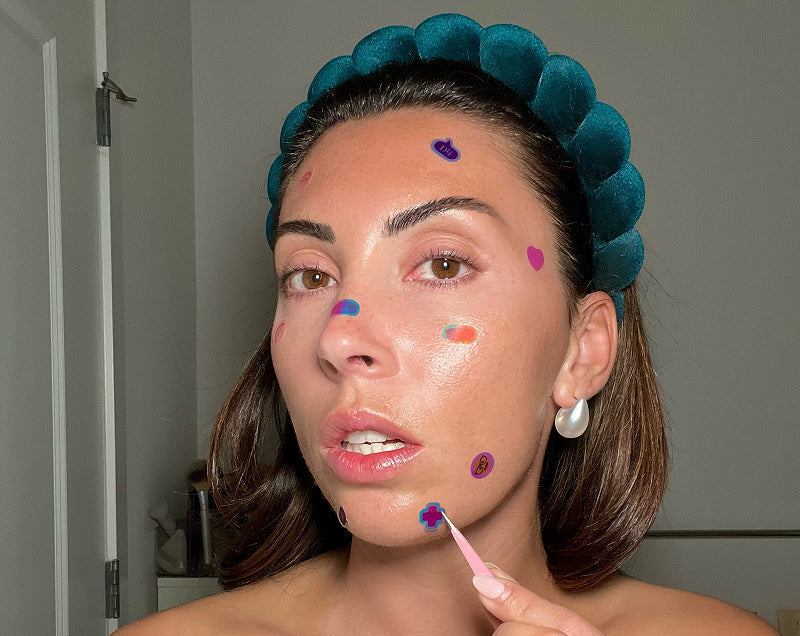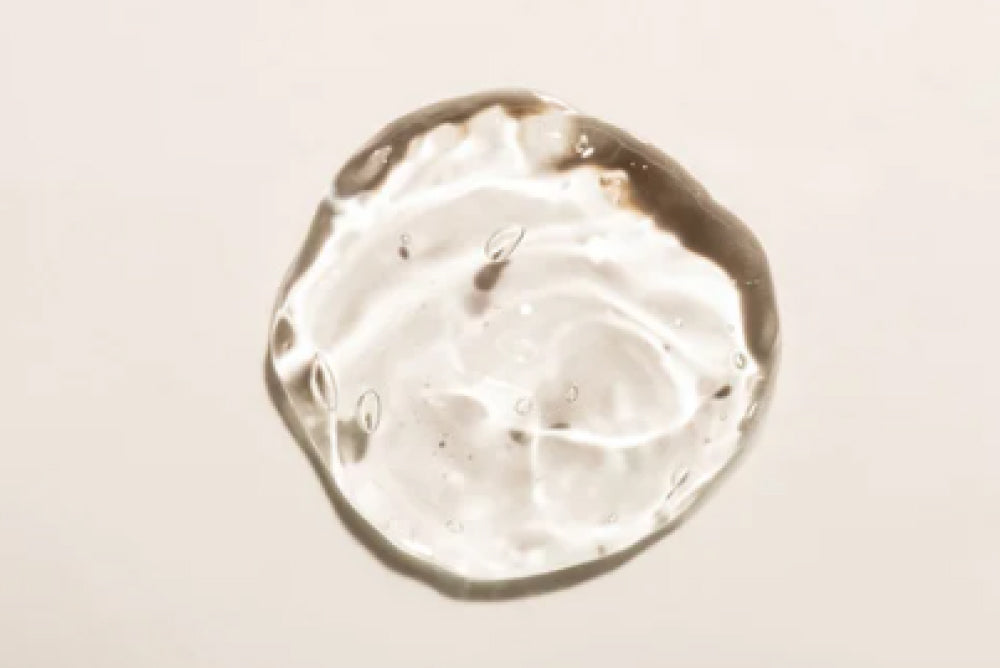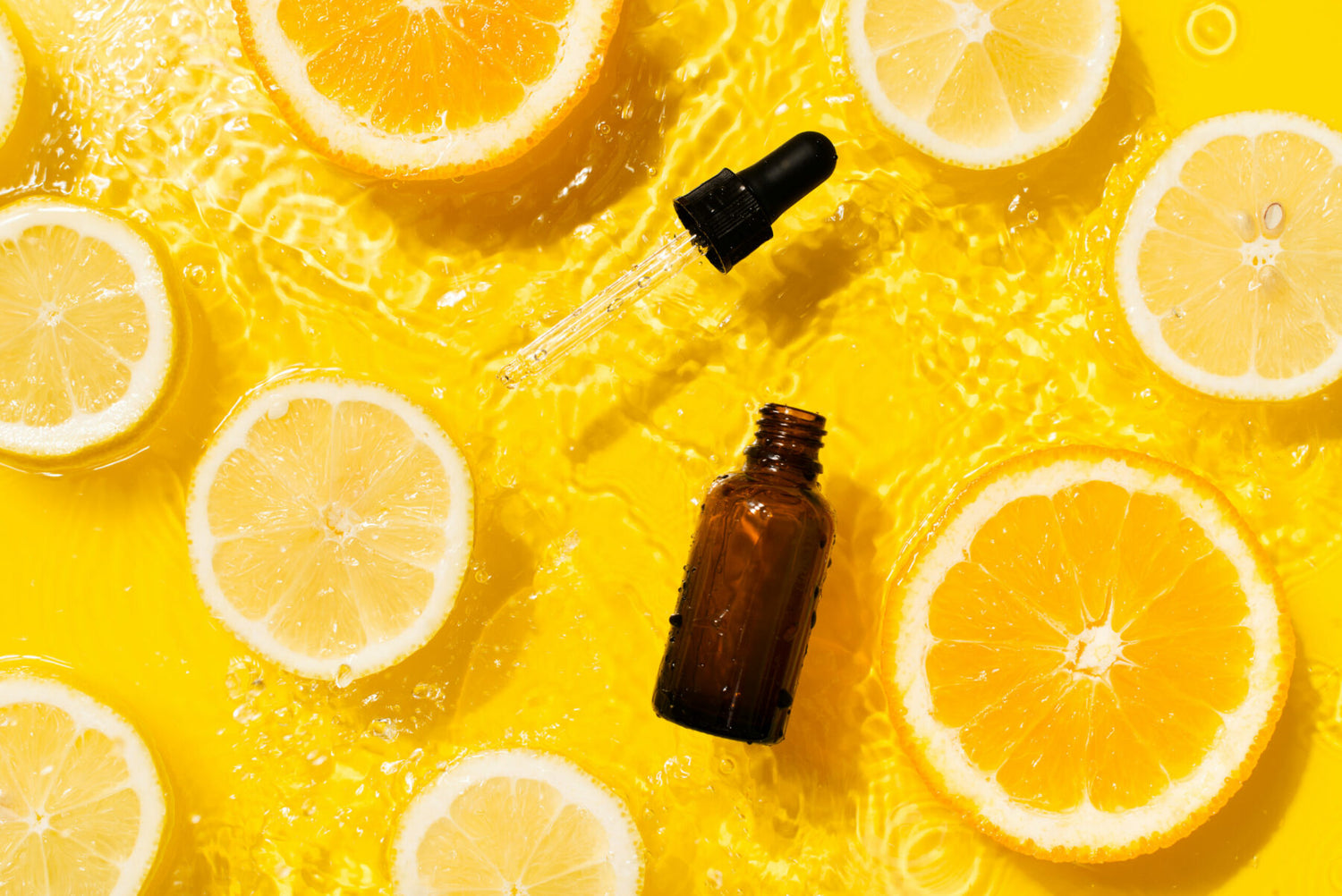
Vitamin C — probably one of my all-time favorite skincare ingredients. And if the hundred million gazillion scientific studies out there are anything to go by, it’s been proven to work time and time again, offering a multitude of regenerative benefits for your skin. And this doesn’t mean you should now chug a liter of OJ or drench your skin in some freshly-squeezed lemon juice (please DON’T). Much like all other skincare ingredients, there are various ways to reap all kinds of skin-loving rewards when using a topical vitamin C for skin brightening.
Four benefits of Vitamin C for skin:
You’re probably familiar with the well-known perks that come along with this anti-ageing powerhouse, but how exactly does it give you a youthful and glowing complexion?…
#1: Vitamin C is a potent antioxidant.
For those wondering, WTF is an antioxidant even? They are substances that provide skin with free radical protection, slowing down cell damage caused by environmental stressors. This includes the sun, pollution, and even tobacco smoke (secondhand smoke exposure is the devil!), and this can all contribute to the breakdown of collagen in your skin. Sadly, we can’t run away from free radicals, they are everywhere but what vitamin C does, and does so well, is neutralize them, keeping them in check.
#2: Vitamin C can protect your skin from sun damage.
And I tread lightly when saying this as far too often, vitamin C is misconceived as a substitute for SPF. It is not — it does not absorb or reflect UV rays as your sunscreen does. Rather, it regulates inflammation and redness caused by the sun, making it the perfect companion for your SPF. Think of vitamin C and sunscreen as Oprah and Gayle or Mary Kate and Ashley — they work even better as pairs.
#3: Vitamin C is a collagen builder.
Vitamin C is a cofactor for prolyl hydroxylase and lysyl hydroxylase. In user-friendly English?? These are two enzymes that play a crucial role in the synthesis of collagen — and don’t we all love a good collagen boost!
#4: Vitamin C works wonders for pigmentation.
Copper is a key element in the formation of melanin pigment cells. So what vitamin C does is lessen the concentration of copper in the skin, resulting in a more evened-out complexion.
Onto the nerdy stuff…
Types of Vitamin C for skin
Typically, vitamin C is categorized into two forms: active and inactive. Under the active classification is l-ascorbic acid. When it comes to concentrations and the efficacy of this type of vitamin C, the gold standard for visible results is about 8-20%. So it’s pretty potent, which is great, but one major downside is that it’s unstable AF and can easily oxidize or alter. Some of its wavering factors include high temperature, high PH, metals, oxygen, and even exposed light and air. Therefore it’s a vitamin C that requires a little more TLC, and I always advise purchasing it in small doses that you can use up much faster.
The rest of the vitamin C’s fall under inactive or ester forms — these become active once applied onto the skin, and they’re a whooole lot more stable. Sodium ascorbyl phosphate (SAP) is a holy grail of mine as it offers similar perks as l-ascorbic acid, mainly antioxidants, and collagen-boosting and pigment-evening properties. Similarly, tetrahexyldecyl ascorbate is a vitamin C ester that is more stable than l-ascorbic acid and well-suited for sensitive skin.
A few vitamin C blends I swear by:
The 2-in-1: Major Fade Active Seal Moisturizer, $58 for 50ml.
The All-Rounder: U Beauty Resurfacing Compound, $88 for 15ml.
The Flawless Fader: Olay Regenerist Brightening Vitamin C Fragrance-Free Serum, $44.
The Superhero: No 7 Protect & Perfect Intense Advanced Serum, $23.
In the video series below, I touch on a few other vitamin C types that should be on your radar. I’m deciphering them all- notes app ready?






